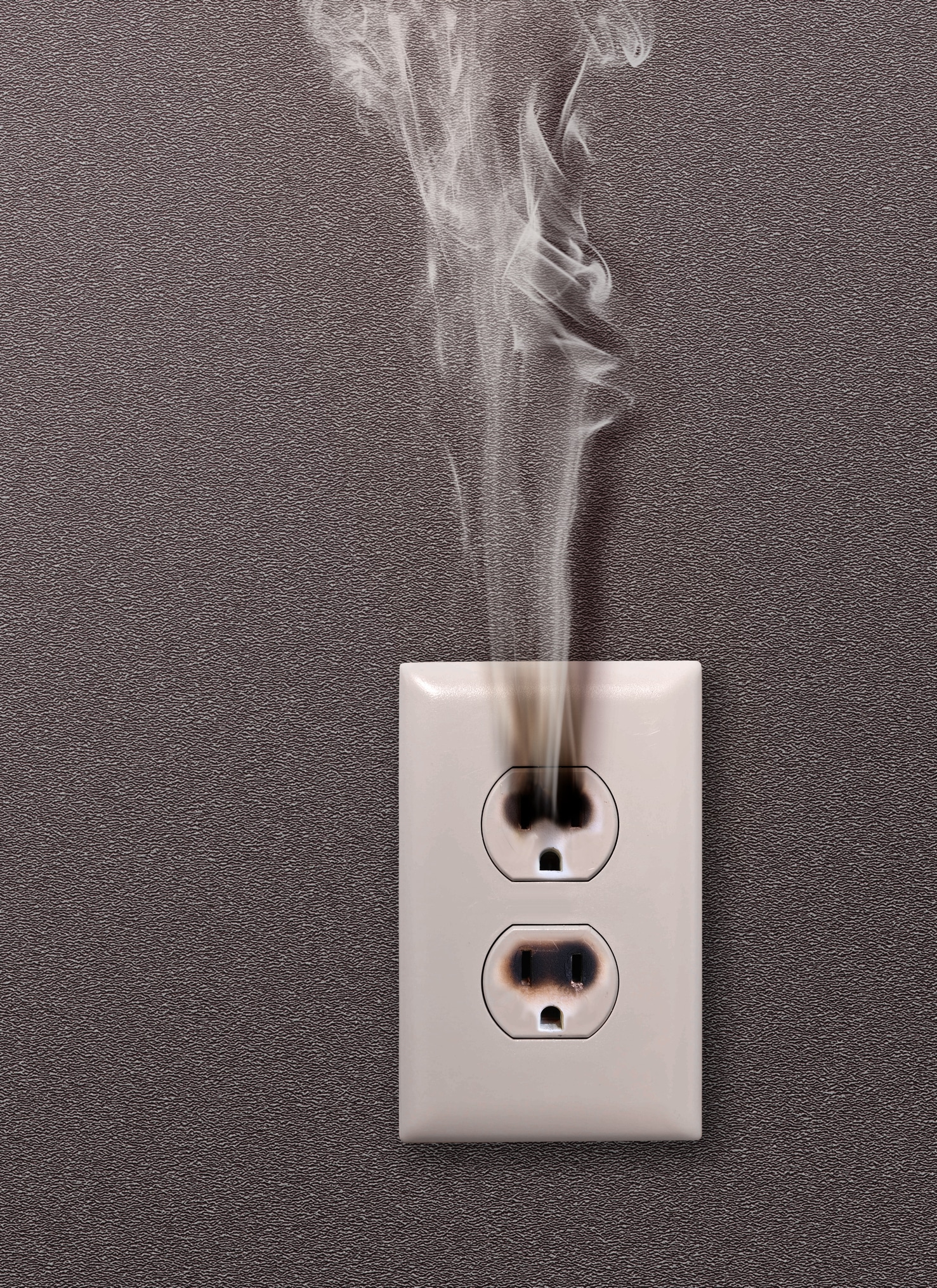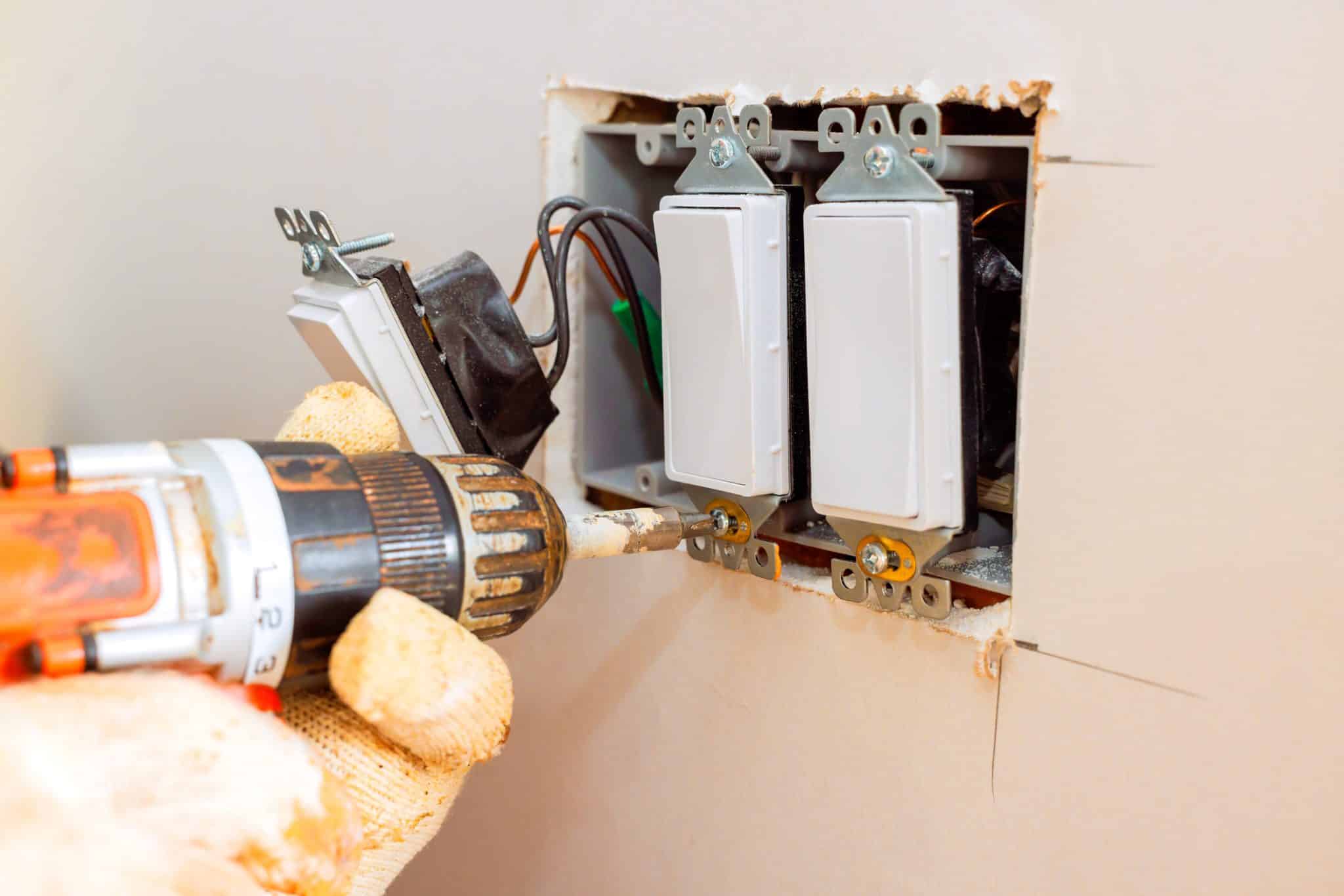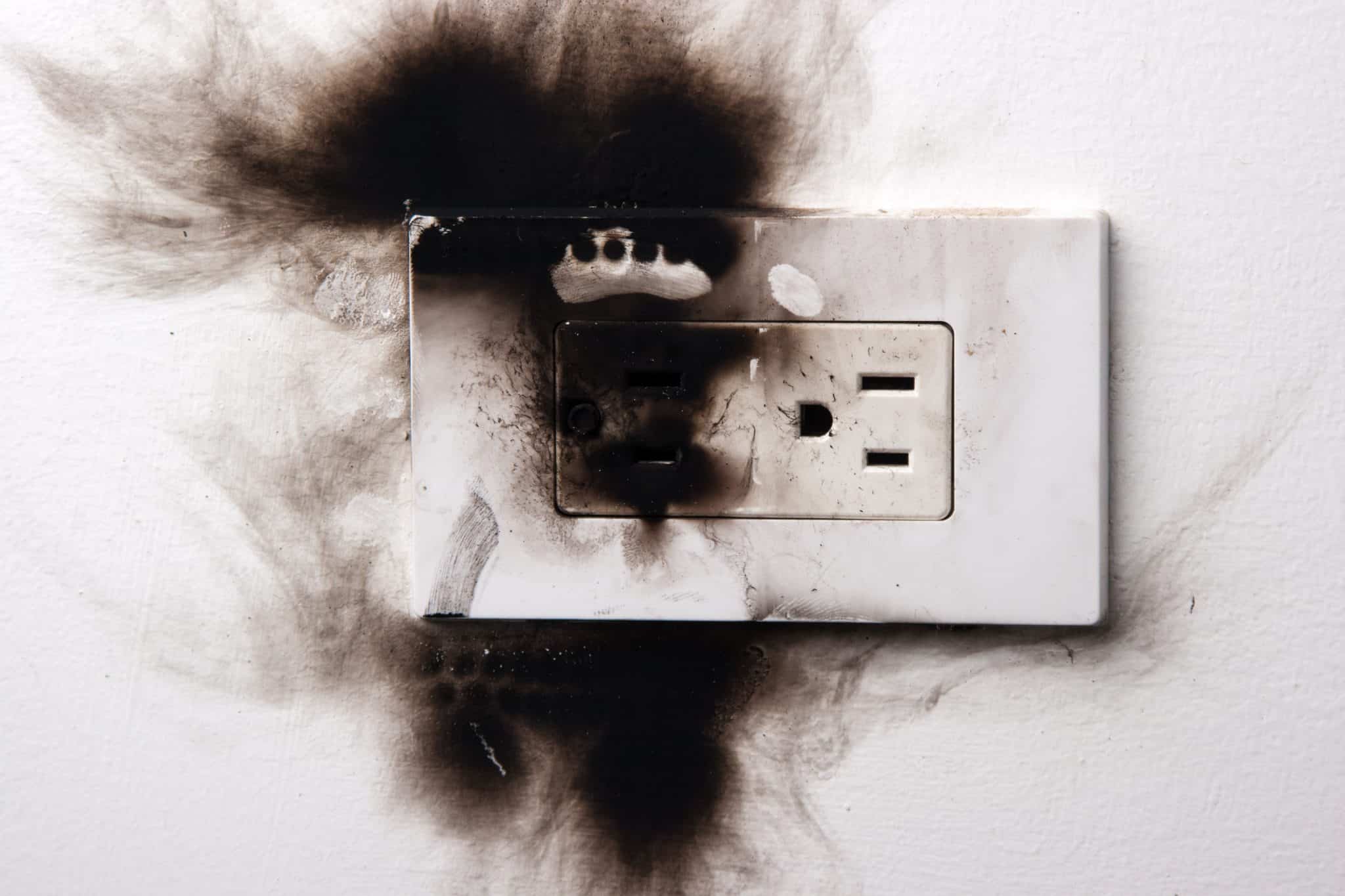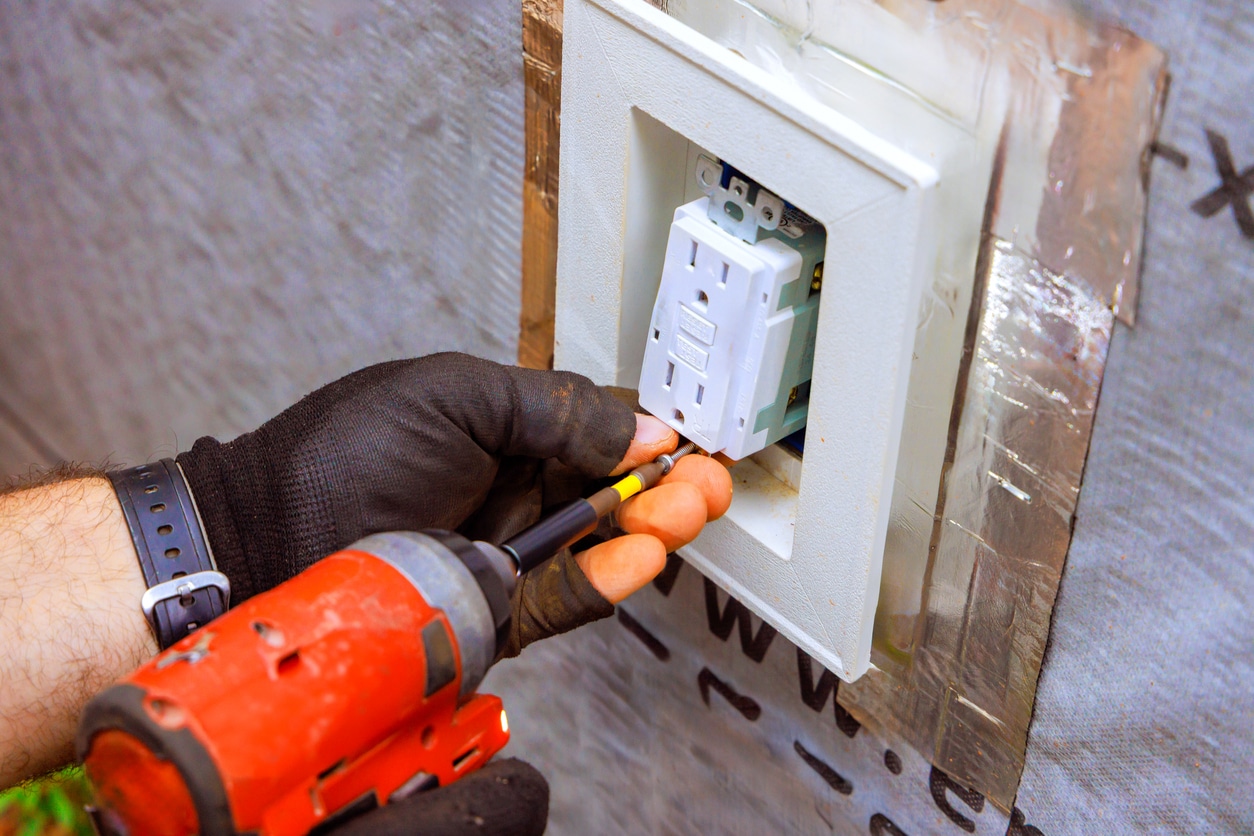If you’re like most homeowners, you probably believe that kitchens and bathrooms are the most…

Electrical Hazards Lurking in Older Homes and How to Fix Them
Older homes often carry a unique charm, but behind those walls could be electrical systems that haven’t kept up with modern demands. Many homes built before the 1970s still rely on outdated wiring that wasn’t designed to handle today’s appliances, electronics, and lighting.
That’s why we’ve put this guide together. We’ll explore the most common types of outdated wiring, the dangers they present, and how professional electricians repair and modernize older electrical systems safely. With the right upgrades, your home can maintain its character while meeting today’s safety standards.
Outdated Wiring Systems Found in Older Homes
Wiring hasn’t always been the same as the plastic-insulated copper wiring we have now. Older systems were designed around materials and methods that are no longer considered safe. Here are a few of the most common types found in older homes.
- Knob-and-tube wiring: Common in homes built before 1950, this system uses ceramic knobs and tubes to guide wires through walls and ceilings. It lacks grounding and can overheat easily, especially when covered with insulation.
- Aluminum wiring: Popular during the 1960s and 1970s, aluminum wiring expands and contracts with heat, which can loosen connections and cause sparking or arcing. It’s also prone to corrosion where it connects to outlets and switches.
- Fabric-insulated or rubber-coated wiring: Early versions of wiring used cloth or rubber insulation, which becomes brittle and deteriorates with age. As it cracks or frays, exposed wires can create shorts or electrical fires.
None of these systems were built to handle modern loads. Even if they’ve worked fine for years, they may now be unsafe under current electrical use.
Why These Systems Are Dangerous
As insulation breaks down or connections loosen, electricity can arc, generating enough heat to ignite nearby materials. Overloaded circuits can cause fuses to blow, outlets to spark, or breakers to trip repeatedly. These should be considered warning signs that your system is struggling.
In addition to fire hazards, outdated wiring can damage sensitive electronics or appliances. Inconsistent voltage, poor grounding, and worn connections increase the chance of power surges and electrical shocks.
Warning Signs Your Home Has Outdated Electrical Components
Outdated wiring doesn’t always announce itself, but there are several clues that suggest your system may be unsafe or overloaded. If you notice any of these signs, you should contact a professional electrician immediately.
- Flickering or dimming lights: This may indicate overloaded circuits or loose connections.
- Frequent blown fuses or tripped breakers: A clear sign your electrical system can’t handle your home’s current energy use.
- Discolored or warm outlets: Heat around outlets or switches suggests wiring problems or poor connections.
- Burning smells or buzzing sounds: These are urgent warning signs that wires may be sparking behind walls.
- Two-prong outlets: A lack of grounding increases the risk of shocks and damage to electronics.
How Licensed Electricians Repair and Upgrade Old Wiring
Licensed electricians have the training and tools to identify issues accurately and bring your home up to modern standards without compromising its structure or aesthetics.
Rewiring and replacement
In some cases, entire sections of old wiring need to be replaced. This is particularly true for knob-and-tube or fabric-insulated systems. Electricians install new copper wiring that can safely handle today’s electrical loads.
Aluminum wiring remediation
For homes with aluminum wiring, electricians use specialized connectors rated for aluminum-to-copper transitions. This reduces the risk of loose connections and overheating.
Panel and circuit upgrades
Many older homes still rely on fuse boxes or undersized breaker panels. Upgrading to a modern electrical panel provides better protection, additional capacity, and compliance with current safety codes.
Preventing Future Electrical Hazards
Once your system has been upgraded, ongoing maintenance ensures it remains safe and efficient. Schedule regular electrical inspections every few years to catch potential issues early.
These checkups can identify worn components, overloaded circuits, or improper grounding before they lead to larger problems. Installing whole-home surge protection helps safeguard appliances and electronics from power spikes.
Replacing outdated outlets with grounded or GFCI outlets adds an extra layer of safety, especially in kitchens, bathrooms, and basements. Keeping your home’s electrical system current reduces the chance of overheating, arcing, or short circuits and helps your family enjoy reliable power for years to come.
Why Getting Professional Help Matters
Electrical systems are complex and dangerous enough to work with, before you factor in antique or vintage components. DIY repairs might seem like a great way to save money, but they can introduce serious hazards if they aren’t done exactly right. Faulty wiring, improper connections, and components undersized for their applications can all contribute to the risk of fire.
Trusting a licensed electrician is one of the best ways to make sure that all work with your home’s electrical system meets building code and safety requirements. The certified and insured technicians on our team can get your system rewired or repaired quickly, as well as safely.
We’ll handle every step, from inspection and troubleshooting to upgrades and final testing. This way, you get the peace of mind of knowing your home’s electrical system is built on modern safety.
Modern Safety for Historic Homes
Keeping the charm of an older home shouldn’t mean compromising safety. With professional upgrades and regular inspections, you can preserve your property’s character while protecting your family from electrical risks. Aging wiring doesn’t have to be a hazard when you take proactive steps to modernize your system.
Trust a Leader in Keeping Missouri Homes Safe and Powered
At J. Bathe Electric, we specialize in updating and protecting the electrical systems of older homes across Missouri. From aluminum wiring remediation to full rewiring and panel upgrades, we make sure your home meets today’s safety standards without losing its original appeal. Call us at (636) 498-0613 today or reach out online to schedule an inspection and take the first step toward a safer, more efficient electrical system.


